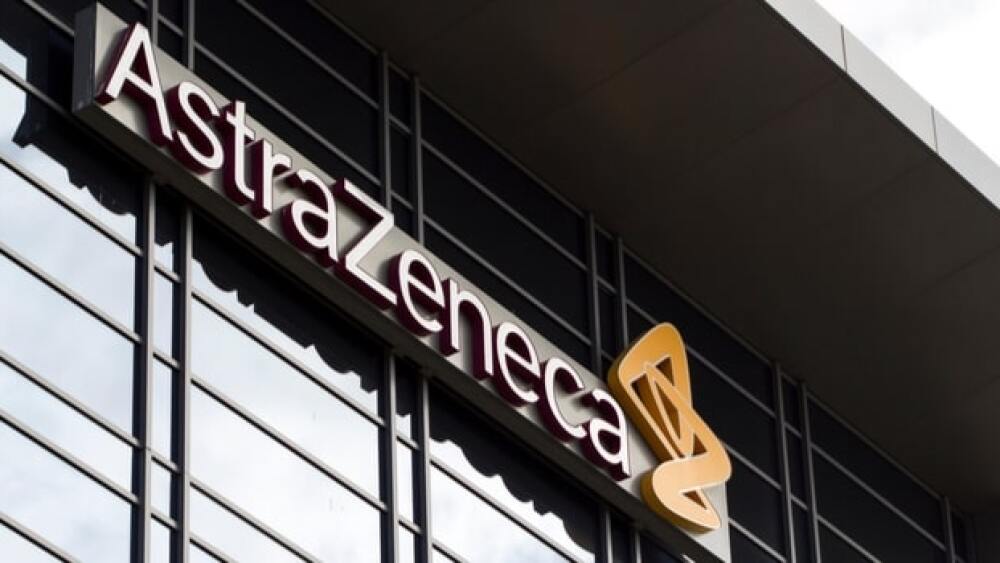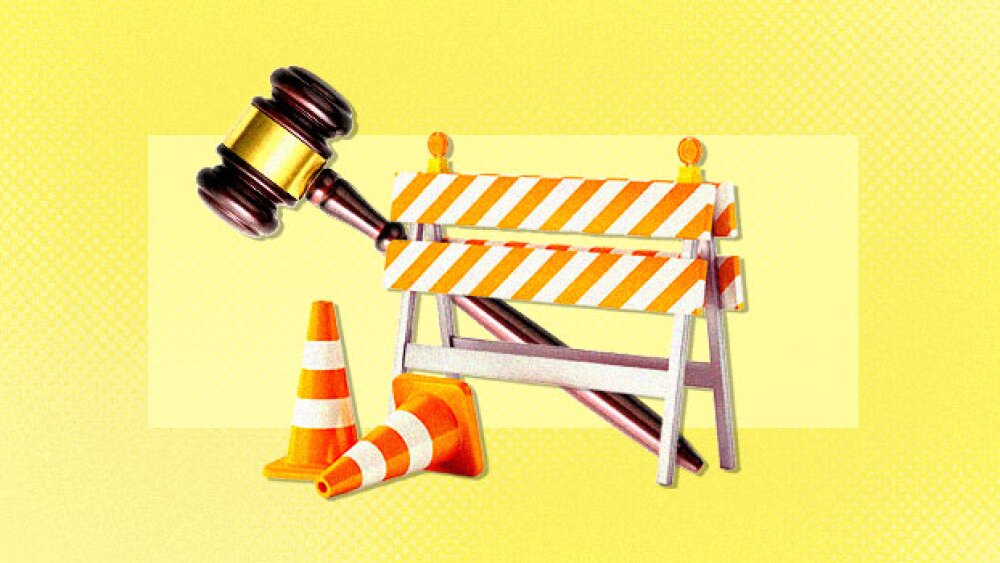AstraZeneca signed a deal with Operation Warp Speed, the U.S. government program to advance COVID-19 vaccines and therapeutics, for a monoclonal antibody cocktail.
Tada Images/Shutterstock
AstraZeneca signed a deal with Operation Warp Speed, the U.S. government program to advance COVID-19 vaccines and therapeutics, for a monoclonal antibody cocktail. This is the same class of therapeutics as Regeneron Pharmaceuticals’ and Eli Lilly’s antibody treatments. Both Regeneron and Lilly have applied to the U.S. Food and Drug Administration (FDA) for Emergency Use Authorization (EUA) for their respective antibody therapeutics.
The AstraZeneca product is AZD7442. On October 9, the company reported the long-acting antibody (LAAB) combination will advance into two Phase III clinical trials. The trials will evaluate more than 6,000 participants in and outside the U.S.
The LAABs have been designed with the company’s proprietary half-life extension technology. The intention is to increase the durability of the antibodies for six to 12 months after a single dose. AZD7442 is a cocktail of two LAABs, which decreases the risk of the SARS-CoV-2 virus developing resistance to the antibodies.
BARDA provided about $486 million to develop and supply AZD7442. AstraZeneca said it planned to distribute up to 100,000 doses by around the end of 2020 and the U.S. government could buy up to another one million doses in 2021 under a separate agreement.
“This agreement with the U.S. government will help accelerate the development of our long-acting antibody combination which has the potential to provide immediate and long-lasting effect in both preventing and treating COVID-19 infections,” said Pascal Soriot, AstraZeneca’s chief executive officer. “We will be evaluating the LAAB combination in different settings from prophylaxis, to outpatient treatment to hospitalization, with a focus on helping the most vulnerable people.”
The more typical antibody treatments, such as those developed by Lilly and Regeneron, generally offer protection for three or four months. LAABs, AstraZeneca stated, “mimic natural antibodies and have the potential to treat and prevent disease progression in patients already infected with the virus, as well as to be given as a preventative intervention prior to exposure to the virus. A LAAB combination could be complementary to vaccines as a prophylactic agent, e.g. for people for whom a vaccine may not be appropriate or to provide added protection for high-risk populations. It could also be used to treat people who have been infected.”
AZD7442 is made up of two LAABs derived from convalescent patients who recovered from COVID-19. The LAAB technology was discovered by Vanderbilt University Medical Center and licensed to AstraZeneca in June 2020. They were optimized by AstraZeneca with half-life extension and reduced Fc receptor binding. The reduced Fc receptor binding is to minimize the risk of antibody-dependent disease enhancement, which sometimes happen where antibodies against a virus promote, instead of inhibit, infection and disease.
AstraZeneca, along with the University of Oxford, is one of the leading projects to develop a vaccine against COVID-19. However, the clinical trial for the vaccine is currently on clinical hold in the U.S. after a UK participant developed a severe side effect, transverse myelitis, a type of spinal inflammation. After an independent evaluation in the UK, the trial has continued there and in other countries, but still remains on hold in the U.S.
One of the AZD7442 trials will evaluate the safety and efficacy of the antibody cocktail in preventing infections for up to 12 months in about 5,000 participants. A second trial will study about 1,100 patients who have been exposed to COVID-19 to determine if it can prevent the disease post-exposure. The company also is planning additional trials is about 4,000 patients for treatment of COVID-19.





